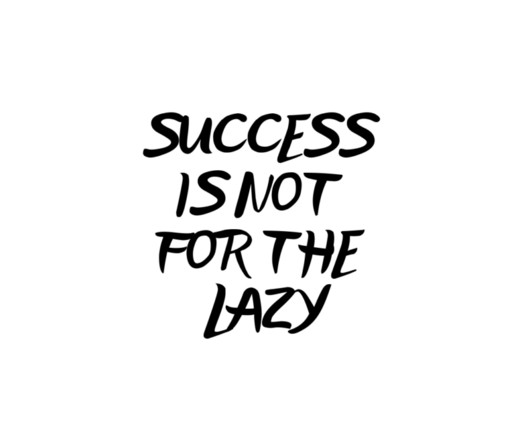ACE 101: Childhood Emotional Abuse
Stop Abuse Campaign
APRIL 7, 2022
Emotional abuse is an intentional action meant to cause harm and long-term damage. An emotionally abusive parent may seem to enjoy making the child cry harder, perhaps seem to feel more powerful in verbally beating the child down, whereas a neglectful parent just doesn’t notice. Identifying Childhood Emotional Abuse.














Let's personalize your content